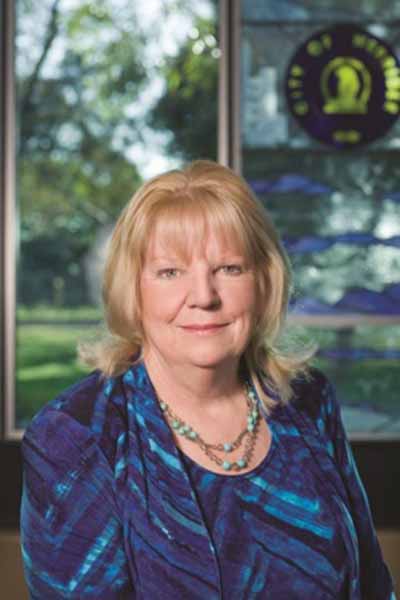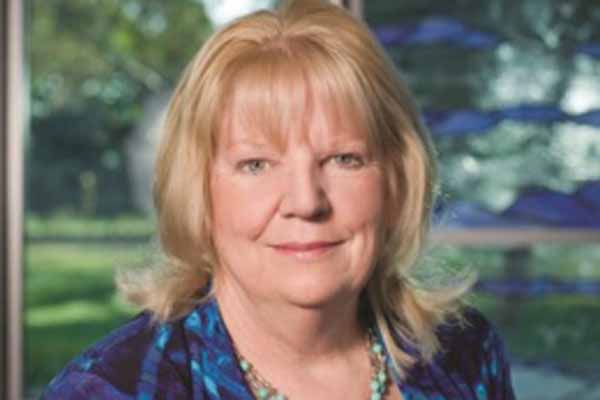Family violence is not a gender issue but a societal one, and the “demonisation” of men needs to stop, a Wyndham councillor says.
Michele Wharrie, a former police officer, criminologist and social worker, believes anti-violence campaigns need to look at the issue more broadly instead of focusing solely on female victims.
Speaking as a criminologist, Cr Wharrie said “It’s not about being selective and focusing solely on men or women but on all of us, as people.
“We need to look at the core root of the problem and then we’ll see family violence statistics go right down.”
She said issues around family pressures, financial hardship, drug and alcohol abuse, and mental health needed to be addressed.
Cr Wharrie said reverse-sexism was running rampant in current campaigns.
“I am a feminist. I firmly believe in equality, but I want men to be treated the same way as women,” she said. “Women are calling the police and reporting the issue, which is great.
“But men will tolerate being abused – psychologically and physically – and, if they do walk away, they don’t report it,” she said.
“The problem with men leaving relationships is that their children will also be used against them … told that, if they leave, they’ll never see their children again.
“There needs to be more awareness out there for men to know they’re not alone.”
She said there needed to be more focus on support services for men, and family violence funding needed to be shared between the genders.
Statistics from the One in Three, a campaign that aims to raise public awareness of the male victims of domestic violence, reveal men were two to three times more likely to not speak about their experiences compared to women.
The number of men seeking advice or support was 40 per cent lower than women, and only five per cent of men experiencing family violence reported it to the police.
Men experiencing such issues can contact Men’s Line on 1300 789 978.








